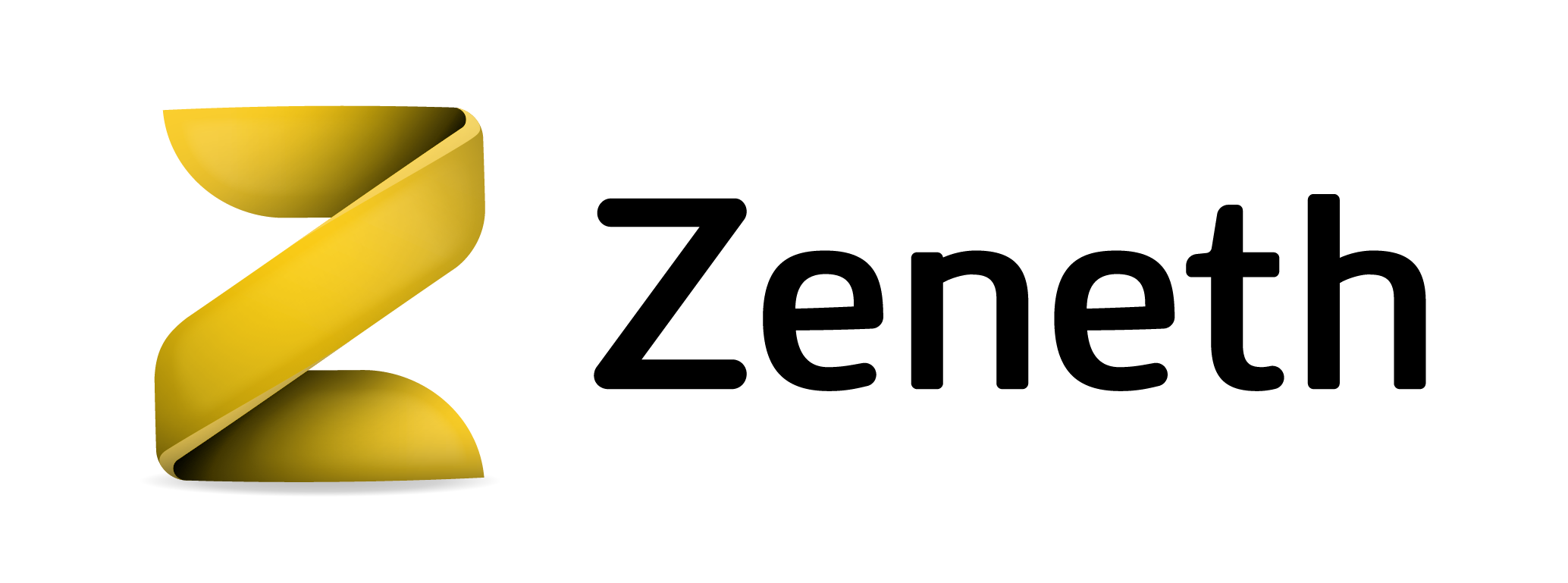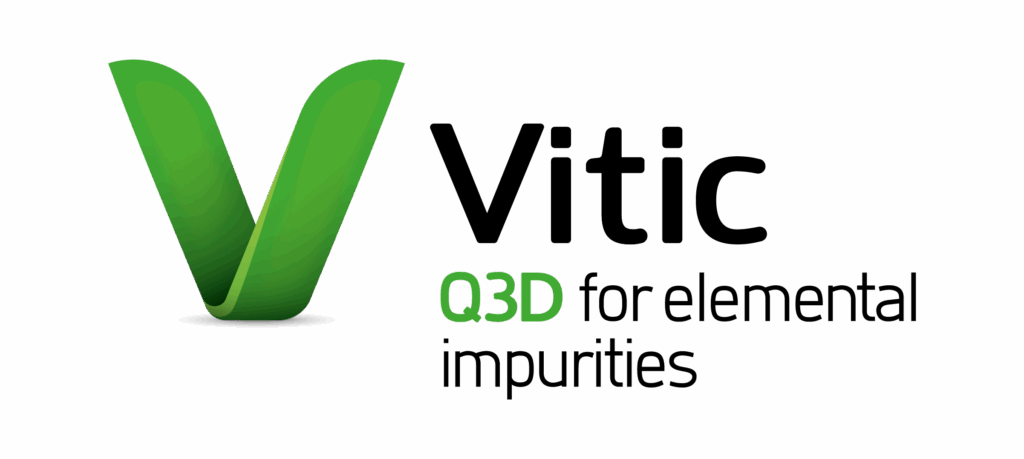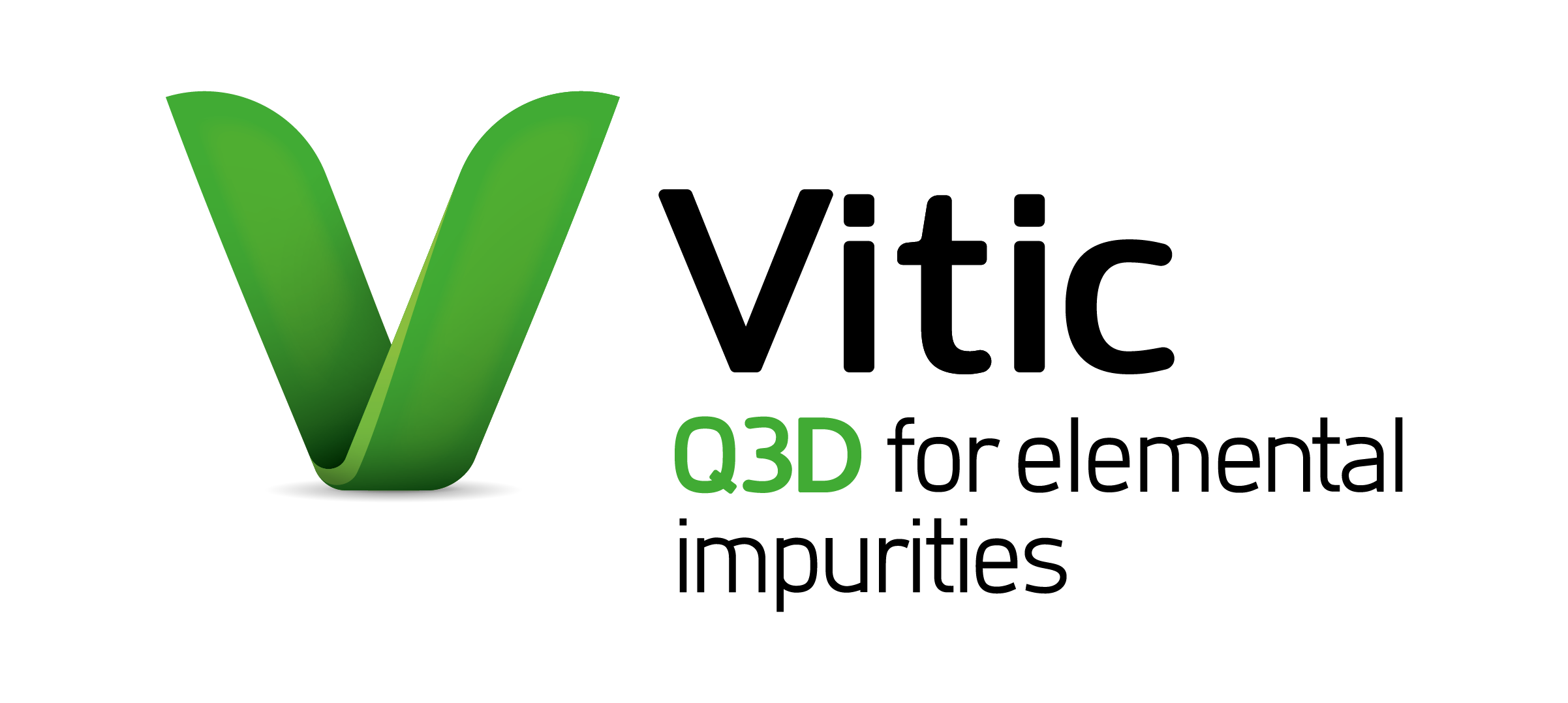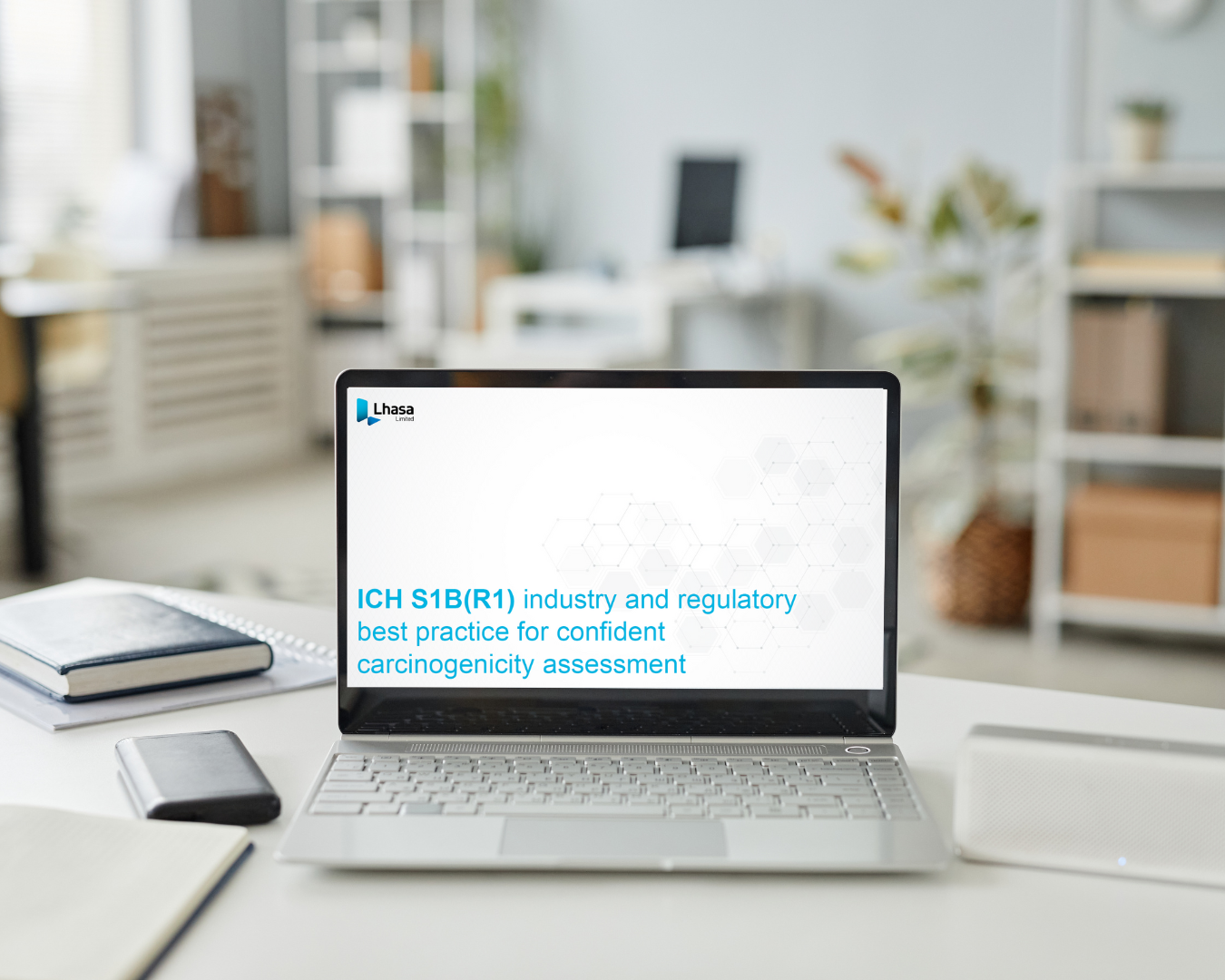Impurity and degradant control
Supporting your identification and control of impurities in Active Pharmaceutical Ingredients (APIs) and drug product
Identification and control of impurities and degradants in active pharmaceutical ingredients (APIs) and pharmaceutical drug products is a critical aspect of the drug development process when assessing chemical safety.
Mutagenic impurities of drug products can complicate formulation, lengthen the drug development timeline, and impact shelf life due to growth of degradation products.
Several regulations now call for greater reporting and control on impurities and degradants in drug substances at lower level based on the threshold of toxicological concern and daily dose.

Mirabilis provides an industry-standardised approach for calculating purge factors of potentially mutagenic impurities. Using Mirabilis can help you to evaluate carry-over risk for potentially mutagenic impurities in drug substance synthesis.
Mirabilis highlights
Manage your impurity risk
A risk assessment tool to assist with the management of your potential mutagenic impurities (PMIs), Mirabilis generates a reactivity purge factor for the impurities based on empirical data, and provides predictions for reactivity, solubility and volatility purges. Mirabilis can calculate the purge required to eliminate an impurity and determine the purge ratio, to identify if Option 4 is the best control strategy as per ICH M7.
Predict reactivity, solubility, and volatility purge factors
Reactivity predictions are provided by Mirabilis based on the actual reagents and conditions which are confirmed by the user. Mirabilis also includes a calculator for solubility purges which is applied for extractions and can help provide the additional supporting information for such purges. In addition, a volatility calculator is included to allow volatility purges to be applied based on the impurity’s boiling point as well as the operational temperature and pressure, or solvent being removed.
Align with industry and regulatory approach
Mirabilis provides an industry-standardised approach for calculating purge factors of potentially mutagenic impurities. To aid in regulatory submission, Mirabilis allows you to create a report that includes the predicted purge calculation, scientific rationale and supporting evidence. Mirabilis members also have the chance to interact and exchange knowledge and experiences at regular conferences promoted by Lhasa.

Zeneth identifies forced degradation pathways of organic compounds, which can help you to characterise structures of degradants observed in forced degradation studies quickly.
Zeneth highlights
Identify and assess degradants
Using its comprehensive knowledge of degradation pathways, Zeneth can swiftly provide predictions for likely degradation products of drug compounds. In addition, drug-excipient interactions can be assessed to understand potential stability issues in the final formulated product.
Enable informed decision making
Zeneth can be used in exploratory formulation departments to identify potential degradation problems with a drug at an early stage in the drug development workflow. This early understanding can aid future decisions around experimental requirements as well as excipient selection.
Manage regulatory submission
After processing a drug compound through Zeneth, a range of filters can be applied to provide a results tree that can be compared to experimental findings. Using the customisable report feature in Zeneth, users can create reports suitable for regulatory submission.
Vitic Q3D highlights
Access to industry-trusted elemental impurity database
Users have access to a public and proprietary database which has been curated by industry suppliers, via the former Lhasa Elemental Impurities data sharing initiative. By leveraging this comprehensive elemental impurities database alongside your own in-house data, it mitigates the need for costly, time-intensive analytical testing.
Confidently define control strategies to manage impurity risk
Navigate a simple step-by-step interface with automated impurity suggestions for your API and excipients. Vitic Q3D will then generate automated calculations for ICH Q3D options 1, 2A and 2B simultaneously, to help guide control options for your drug product.
Maintain regulatory compliance with Q3D report generation
Our software generates comprehensive reports ready for ICH Q3D submission, allowing you to attach supporting documents and expert review notes. For effective product life-cycle management, Vitic Q3D securely stores all assessments, ensuring future reproducibility in drug re-assessments.
Regulatory support
The prediction and control of impurities and degradants in drug substances is a key requirement for a number of chemical safety assessments and regulations:
ICH M7
Mirabilis can be used to help satisfy ICH M7 Control Option 4 by producing an estimated reactivity, solubility and volatility purge factor for removal of the impurity by a synthetic process. As such, Mirabilis can reduce the need to set up costly and time-consuming analytical methods for the measurement of impurities that are unlikely to be present in the final drug product. Under ICH M7, potential degradation products likely to be present in the final drug product should be evaluated for mutagenic potential. Zeneth has comprehensive knowledge of degradation pathways which ensures structure elucidation of experimentally observed degradants. Zeneth considers reaction conditions, making its predictions consistent with the conditions that have to be tested according to the ICH guidelines: thermolytic, hydrolytic, oxidative, and photolytic.
ICH Q3B
The ICH Q3B (Impurities in New Drug Products) guideline provides guidance on the qualification of impurities in new drug substances produced by chemical syntheses. Zeneth can be used to help satisfy requirements under ICH Q3B, as it predicts the forced degradation pathways of organic compounds under various environmental conditions and, supports the identification and assessment of potential degradants whilst considering the effect of excipients and impurities.
RDC 964
The RDC 964 guideline establishes the general requirements for carrying out forced degradation studies on medicines containing synthetic and semi synthetic active pharmaceutical ingredients (API's) and defines the parameters for notification. Our expert in silico software Zeneth, is invaluable in supporting many of the requirements under RDC 964. Zeneth can provide a potential degradation profile of the drug and considers the effect of different excipients and impurities within the final formulated product, which can be used to as evidence that the proposed method is indicative of stability. In addition, Zeneth can help to identify the chemical structures of degradants detected, to demonstrate chromatographic separation of degradation products, supporting regulatory submission.
Related publications
Infographic
- Mar 2025
- Impurity and degradant control
Paper
- Mar 2025
- Impurity and degradant control, Nitrosamine impurity risk assessment
Paper
- Jul 2024
- Impurity and degradant control, Nitrosamine impurity risk assessment
Recent blogs
Curious to find out what we’ve been up to in 2025? This year, we have driven advancements in regulatory science, delivered innovation …
Insights on ICH Q3E, Extractables & Leachable (E&L) and risk assessment submissions Interpreting grey areas in the draft ICH Q3E guideline Earlier …
Following our recent Lhasa Limited hosted webinar, ICH S1B(R1): industry and regulatory best practice for confident carcinogenicity assessment, attendees had the rare …







